
The Isle of Wight Coroner has set out how she is looking to improve the service — with more staff and alternative facilities — after new figures revealed the strain the service is under.
In 2021, while 86 per cent more inquests were concluded than 2020, they took, on average, 40 per cent longer to process.
The figures from the Ministry of Justice, show in 2021, 196 inquests were concluded with an average processing time of 56 weeks.
In 2020, during the height of the Covid pandemic, 105 inquests were concluded at an average processing time of 40 weeks.
Caroline Sumeray, the Island’s coroner, reacting to the figures, said much has changed in the ten years she has been in the role, with processes modernised and radical changes significantly affecting the workload in the Coroner’s Office.
She said the Isle of Wight Council has endeavoured to recruit additional staff to support the service and it is hoped an Assistant Coroner would be appointed so she could run two courts to hear outstanding inquests.
One problem prolonging cases is the lack of dedicated court facilities for the Coroner with the Isle of Wight Council having to hire space in the Isle of Wight Combined Court building in Quay Street.
During the Covid pandemic, Mrs Sumeray said over a year of sitting time was lost due to the need for the Coroner to sit in court for hearings.
When inquests returned in person, Mrs Sumeray said she was cautious about risking the health of her staff due to the courtroom the Coroner’s Office usually use, which she described as small, windowless and largely unventilated.
Her complaints about the unbearable heat in the courtroom and poor ventilation have not been addressed.
In that period, Mrs Sumeray said she had to make the difficult decision to prioritise inquests according to their complexity.
Those considered less complex became the priority, she said, as more complex cases tend to involve multiple live witnesses, like clinicians who were still needed fighting the pandemic.
It was not possible or desirable, Mrs Sumeray said, to get the large number of people required in those cases in the courtroom due to restrictions imposed at the height of the pandemic.
Mrs Sumerary also said for larger hearings, with more interested persons, lawyers and witnesses, difficulties and limitations with Microsoft Teams made it unmanageable for her.
In some instances, a jury is required in an inquest but the only court suitable to hold such cases is the Isle of Wight Crown Court, which Mrs Sumary has to request permission to sit in.
However, as the courtroom is owned by HMCTS they are able to cancel the coroner’s bookings, which had happened several times this year, Mrs Sumeray said.
Now due to the backlog of criminal trials, Mrs Sumeray has been told there is no time available for her in the Crown Court.
With the Isle of Wight Council, she is investigating possible alternative venues with the appropriate resources needed for jury inquests.
The pressures the Isle of Wight NHS Trust has faced in the last four years — being under special measures — were also referenced by Mrs Sumeray as something which significantly increased referrals and workload for the Coroner’s Office.
For inquests held during the pandemic, Mrs Sumeray said she had given the trust a period of grace where clinicians could focus on treating patients, covering sick leave and trying to recover.


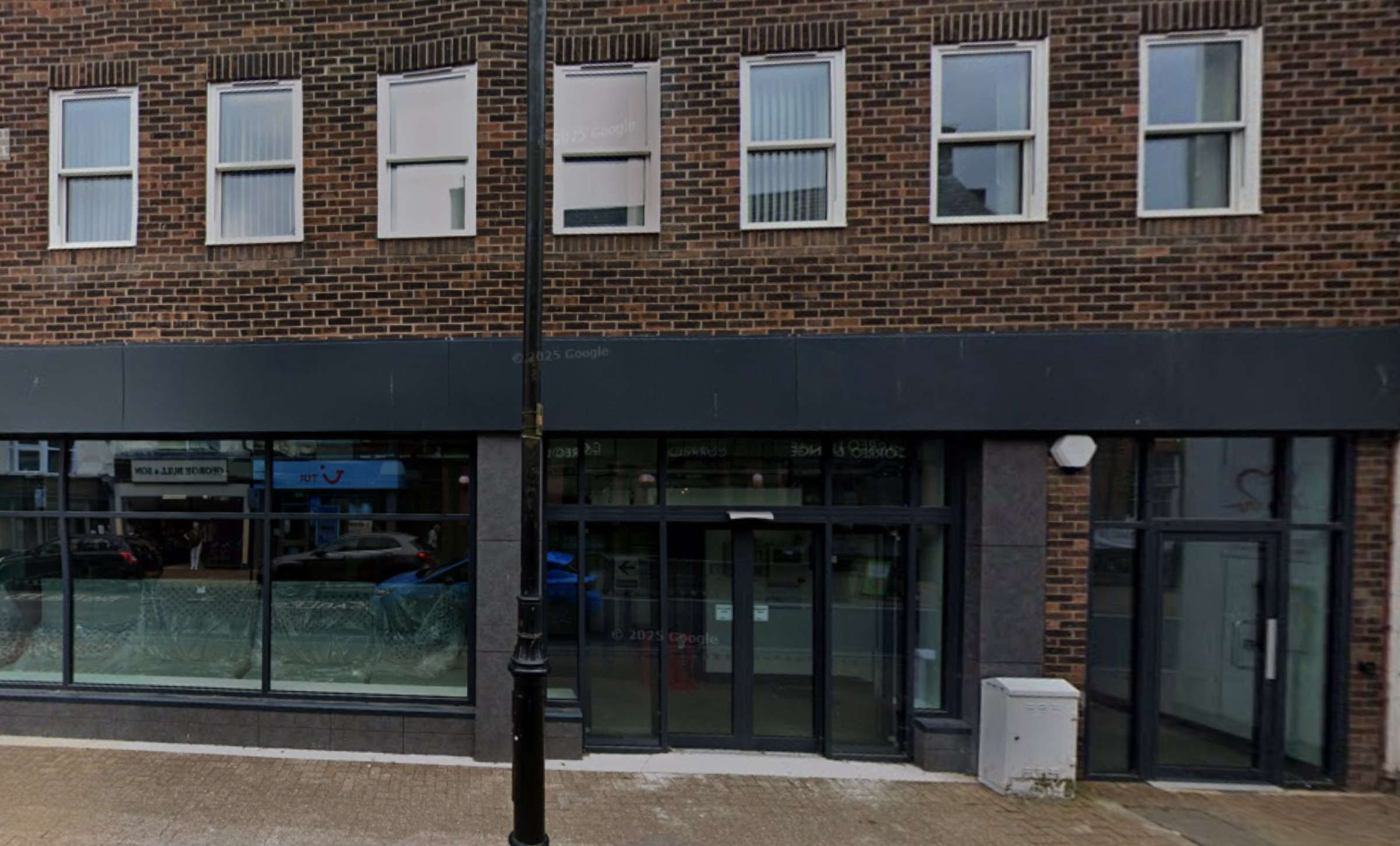 New £6.7m Mental Health Facility To Open On Newport High Street
New £6.7m Mental Health Facility To Open On Newport High Street
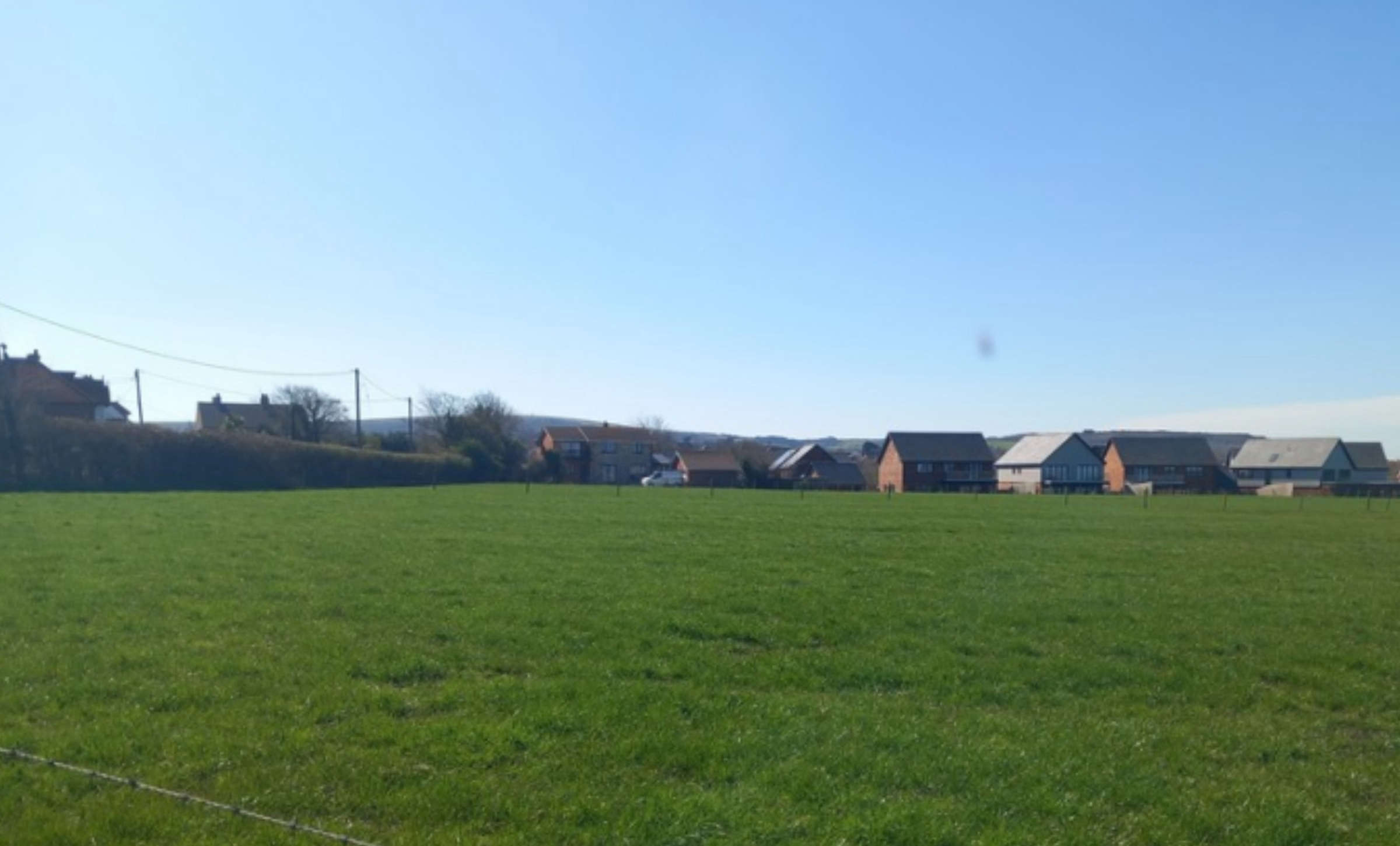 'Shocking, Misplaced And Reckless': Village Residents Hit Out At Housing Plan
'Shocking, Misplaced And Reckless': Village Residents Hit Out At Housing Plan
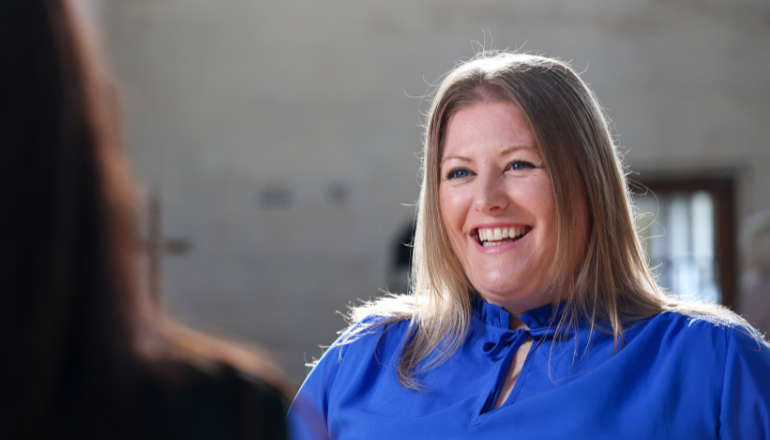 Highest Number Of Police Officers For Hampshire And Isle Of Wight Constabulary In A Decade
Highest Number Of Police Officers For Hampshire And Isle Of Wight Constabulary In A Decade
 Emergency Services Called To Newport Petrol Station After Car Crashes Into Kiosk
Emergency Services Called To Newport Petrol Station After Car Crashes Into Kiosk
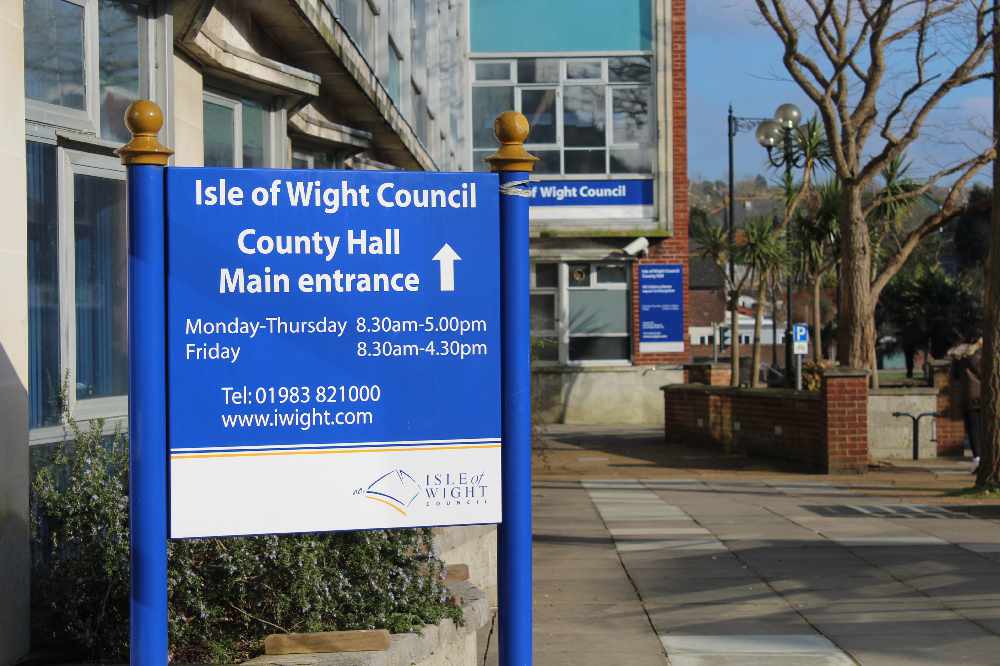 "There's Likely To Be In Excess Of 200 Redundancies": Island Trade Unionists On School Plans
"There's Likely To Be In Excess Of 200 Redundancies": Island Trade Unionists On School Plans
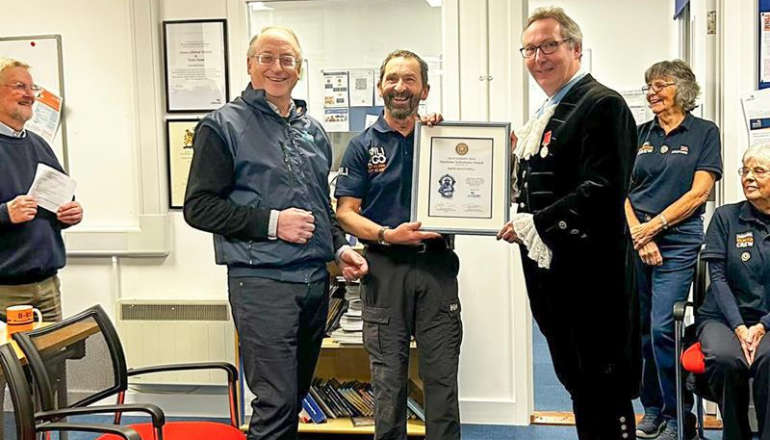 High Sheriff Presents Inaugural Maritime Volunteers Award To Cowes RNLI Station
High Sheriff Presents Inaugural Maritime Volunteers Award To Cowes RNLI Station
 Education Cabinet Member Faces Renewed Round Of Questions From Concerned Residents
Education Cabinet Member Faces Renewed Round Of Questions From Concerned Residents
 Man Jailed After burglaries Armed With Baseball Bat And Firearm
Man Jailed After burglaries Armed With Baseball Bat And Firearm
 Retailers Say Hampshire & Isle Of Wight Constabulary Is Best At Responding To Retail Crime
Retailers Say Hampshire & Isle Of Wight Constabulary Is Best At Responding To Retail Crime
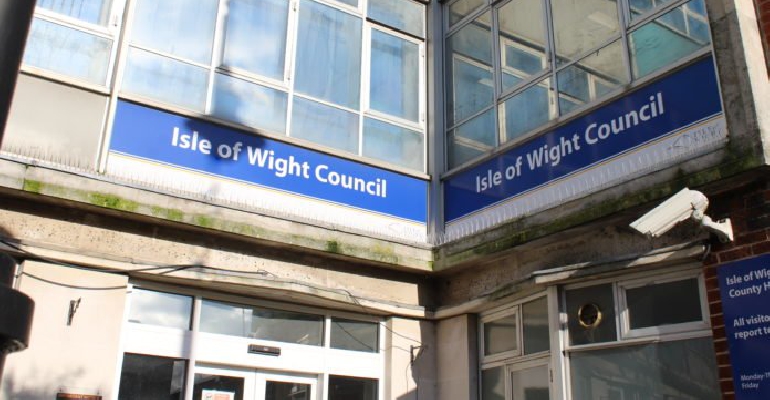 Full Council Opposes School Closure Plans In Blow To Cabinet
Full Council Opposes School Closure Plans In Blow To Cabinet
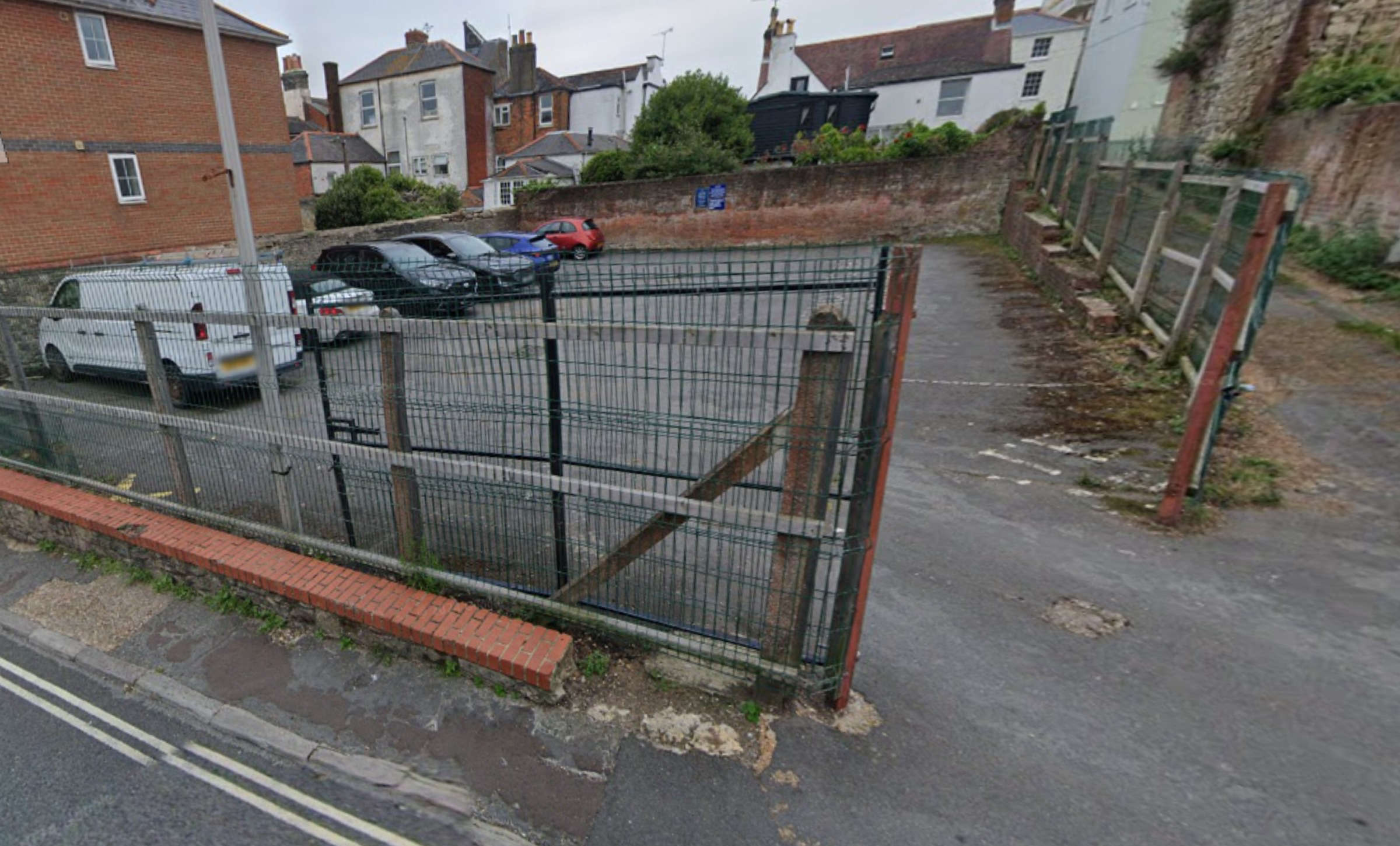 Eight Electric Vehicle Charging Bays Could Be Installed In Isle Of Wight Town Centre
Eight Electric Vehicle Charging Bays Could Be Installed In Isle Of Wight Town Centre
 New Drop-In Sessions Announced For Isle Of Wight Dementia Strategy Review
New Drop-In Sessions Announced For Isle Of Wight Dementia Strategy Review
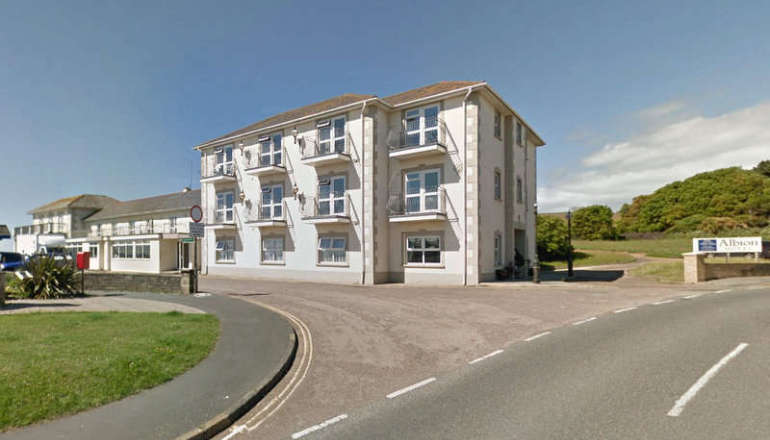 Plans To Enhance Luxury Freshwater Seafront Hotel Approved
Plans To Enhance Luxury Freshwater Seafront Hotel Approved
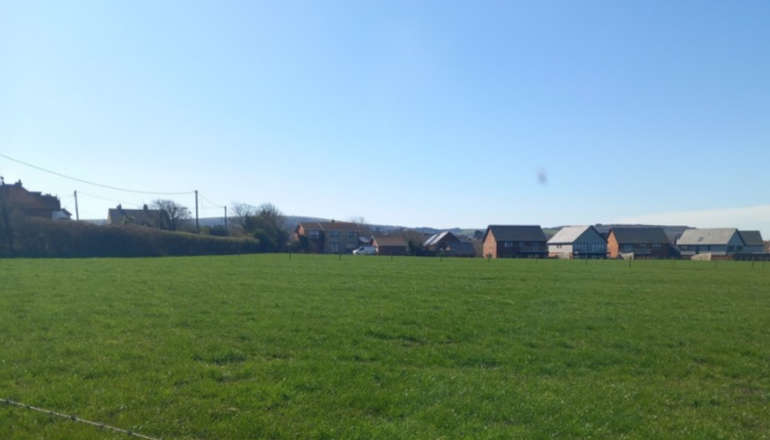 Thousands Of Pounds Of Investment Needed If Housing Development Goes
Thousands Of Pounds Of Investment Needed If Housing Development Goes
 Isle Of Wight College Firearm Report Sees 17 Year-Old Arrested In Cowes
Isle Of Wight College Firearm Report Sees 17 Year-Old Arrested In Cowes
 Major Island Policy Forum To Consider Plans Aiming To Make Suicide Prevention 'Everybody's Business'
Major Island Policy Forum To Consider Plans Aiming To Make Suicide Prevention 'Everybody's Business'
 Latest Scam Warnings Issued For Isle Of Wight
Latest Scam Warnings Issued For Isle Of Wight
 First Acts Announced For Cowes Fringe 2025
First Acts Announced For Cowes Fringe 2025
 Six Island Charities Supported By WightAID In Final Giving Round Of 2024
Six Island Charities Supported By WightAID In Final Giving Round Of 2024
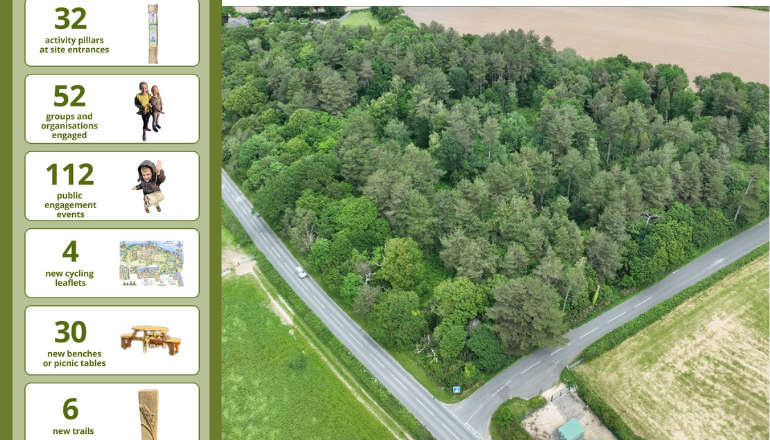 Two New Sites For Isle Of Wight's Gift To Nature
Two New Sites For Isle Of Wight's Gift To Nature


